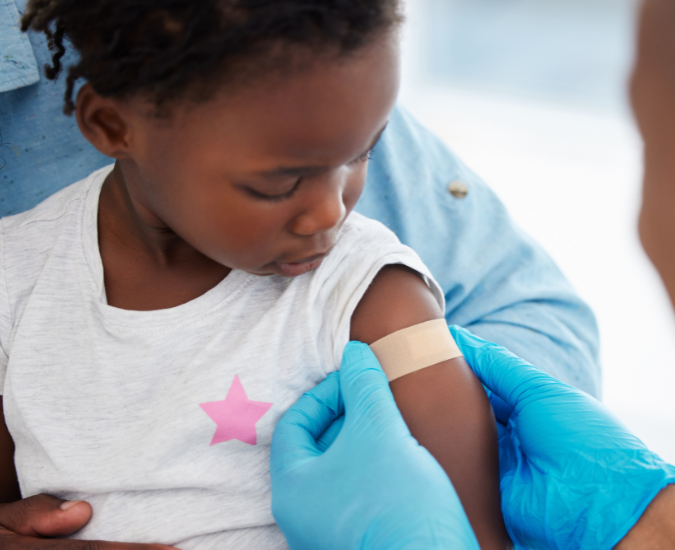UnitedHealth Group has partnered with Morehouse School of Medicine (MSM) to introduce a new mobile app that aims to connect new Black mothers living in Georgia’s underserved communities with resources to help sustain their overall health and their child’s well-being.
MSM collaborated with Georgia Tech, Emory University and Georgia State University to develop PM3 (Preventing Maternal Mortality Using Mobile Technology) to help Black mothers network with a community of fellow mothers, get valuable health information and ask questions about their postpartum journey.
Through the Optum Social Responsibility Pro Bono Program, which allows employees to lend their time and expertise to organizations serving marginalized communities, individuals from Optum and UnitedHealthcare are volunteering to raise awareness, encourage participation and help recruit mothers for PM3.
Maternal health disparities: A national crisis
The United States has one of the highest maternal death rates among the world’s developed nations.
In fact, about 700

These pregnancy-related deaths can happen during delivery or up to one year postpartum, with factors that include cardiovascular conditions, infections, hemorrhages and other pregnancy-related complications. 60%
“The United States should be the safest place in the world to give birth, and yet we’re nowhere near it. The rates of maternal mortality and morbidity in this country — especially for Black women — are a national health crisis we have an obligation to address from every angle.”
Chief medical officer, UnitedHealth Group
To further help address the disparities in maternal health, the Georgia universities will conduct a study to evaluate the effectiveness of the app, with support from the Optum Social Responsibility pro bono team. The information gathered will help educate mothers and those who support them about the need to seek postpartum care and the impact postpartum care can have on pregnancy-related complications.
“Georgia has the nation’s second-highest rate of maternal mortality, which disproportionately affects Black women and women who live in rural areas. Because Black women are more likely to use mobile phones to search for health information, we developed a mobile health app intervention that responds to their needs. PM3 was created by Black women for Black women and provides culturally relevant resources and information to eliminate barriers to equitable postpartum healthcare. We created a health intervention that was informed and desired by Black moms. We want them to know we see them, we hear them, and we are them.”
Dr. Natalie D. Hernandez, PhD, MPH | executive director, Morehouse School of Medicine Center for Maternal Health Equity
Dr. Rasheeta Chandler, PhD, RN | associate professor, Emory University Nell Hodgson Woodruff School of Nursing
Dr. Andrea Parker, PhD | associate professor, Georgia Tech School of Interactive Computing
Learn more and spread the word about PM3
The PM3 app is an extension of our continued partnership with Morehouse School of Medicine. In 2021, Optum Social Responsibility provided $95,000 to MSM — and more than $470,000 in pro bono hours contributed by Optum and UnitedHealthcare employees — to support research and gain a better understanding of Maternal Near Miss (MNM) events among women of color. The study, conducted in 2021 and 2022, recruited and interviewed 87 women who lived in or received maternal care in the U.S. The interviews were designed to explore the birthing person's stories, including their pregnancies and birth experiences.
UnitedHealth Group is currently investing nearly $9.3 million in 13 states to address maternal and infant health issues. These philanthropic programs are designed to target at-risk populations and improve access to care with a focus on prenatal and perinatal health, infant health, workforce development, and mental and behavioral health.
For example, an estimated 500 underserved perinatal women in Brooklyn are receiving screenings, breastfeeding support and newborn care services annually through the United Health Foundation’s partnership with CAMBA Inc.
A grant with Any Baby Can supports the expansion of their Nurse-Family Partnership program in and around Austin, Texas. The program matches first-time, at-risk moms with a registered nurse to bring answers, guidance and confidence in the comfort of the home, from pregnancy until the child reaches age 2.
Read more about our continued commitment to improving access to maternal care in our sustainability report

Share This Story